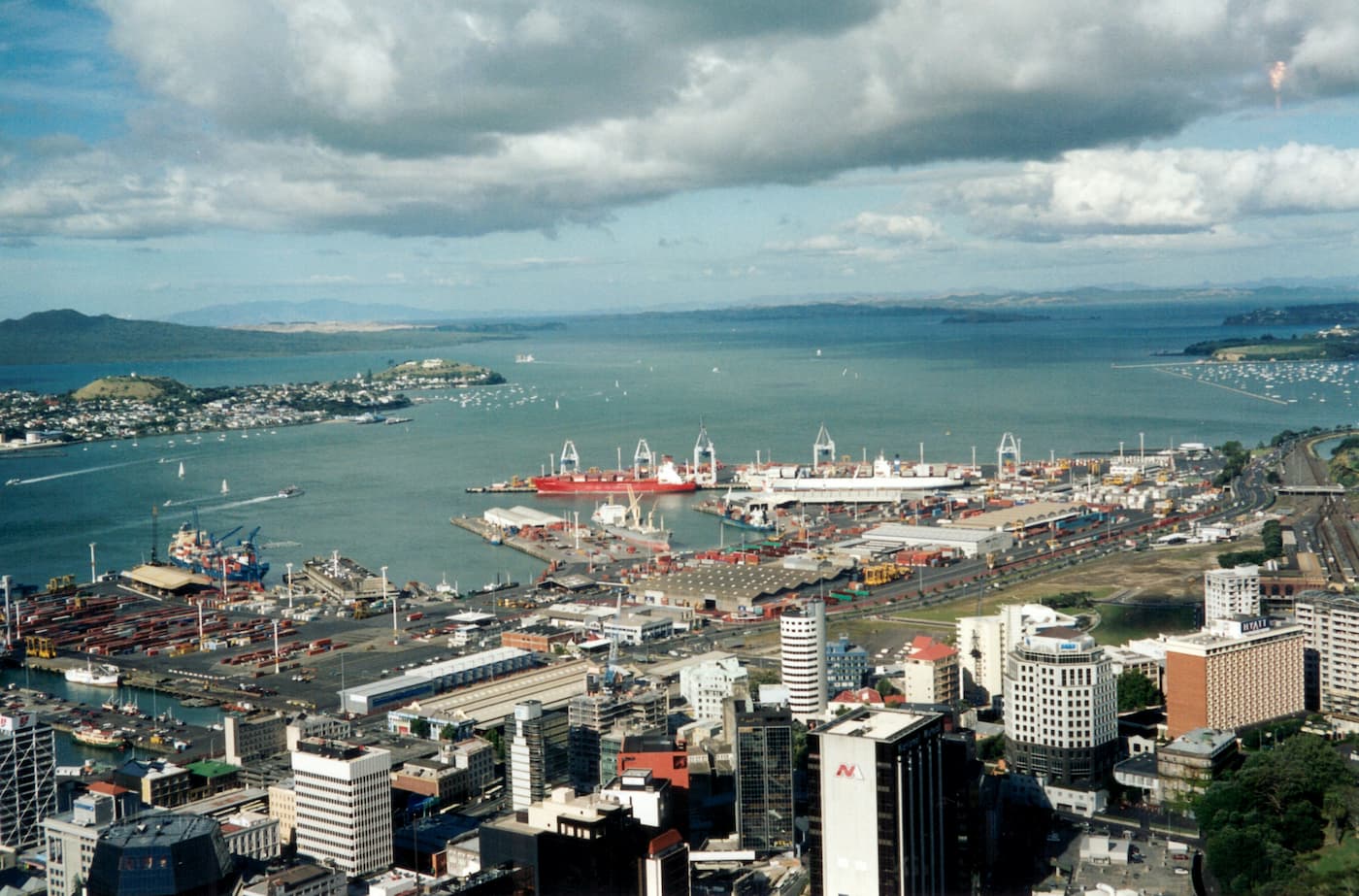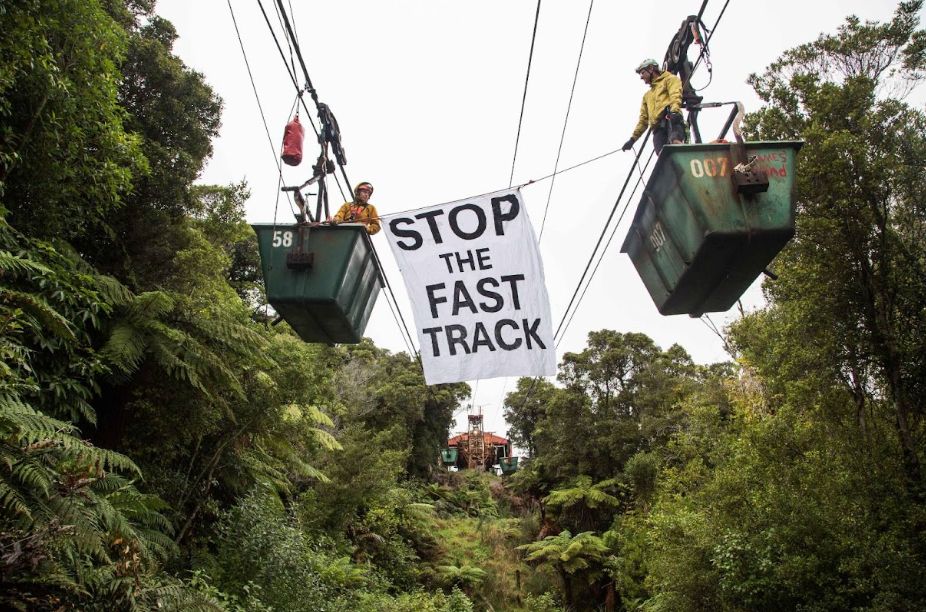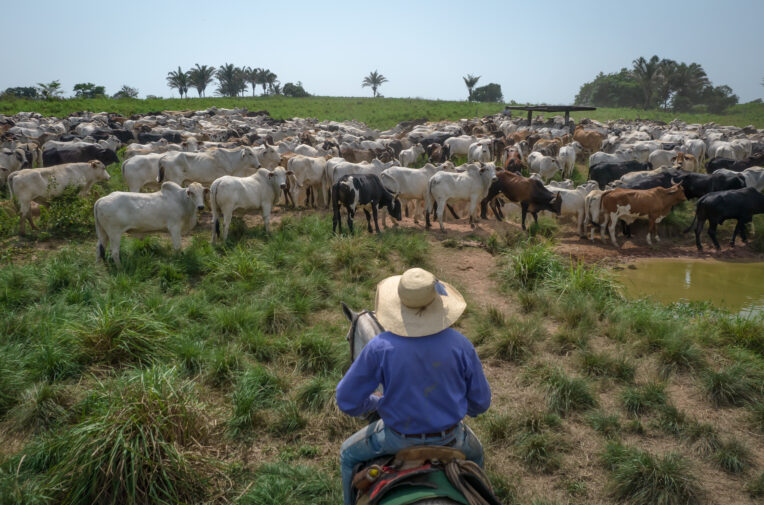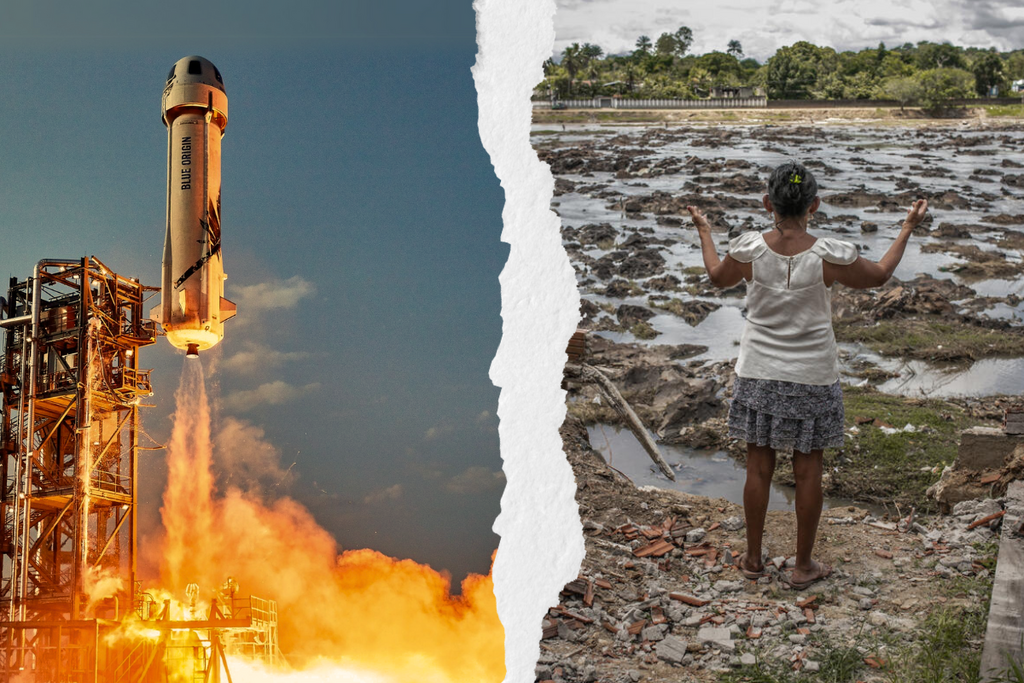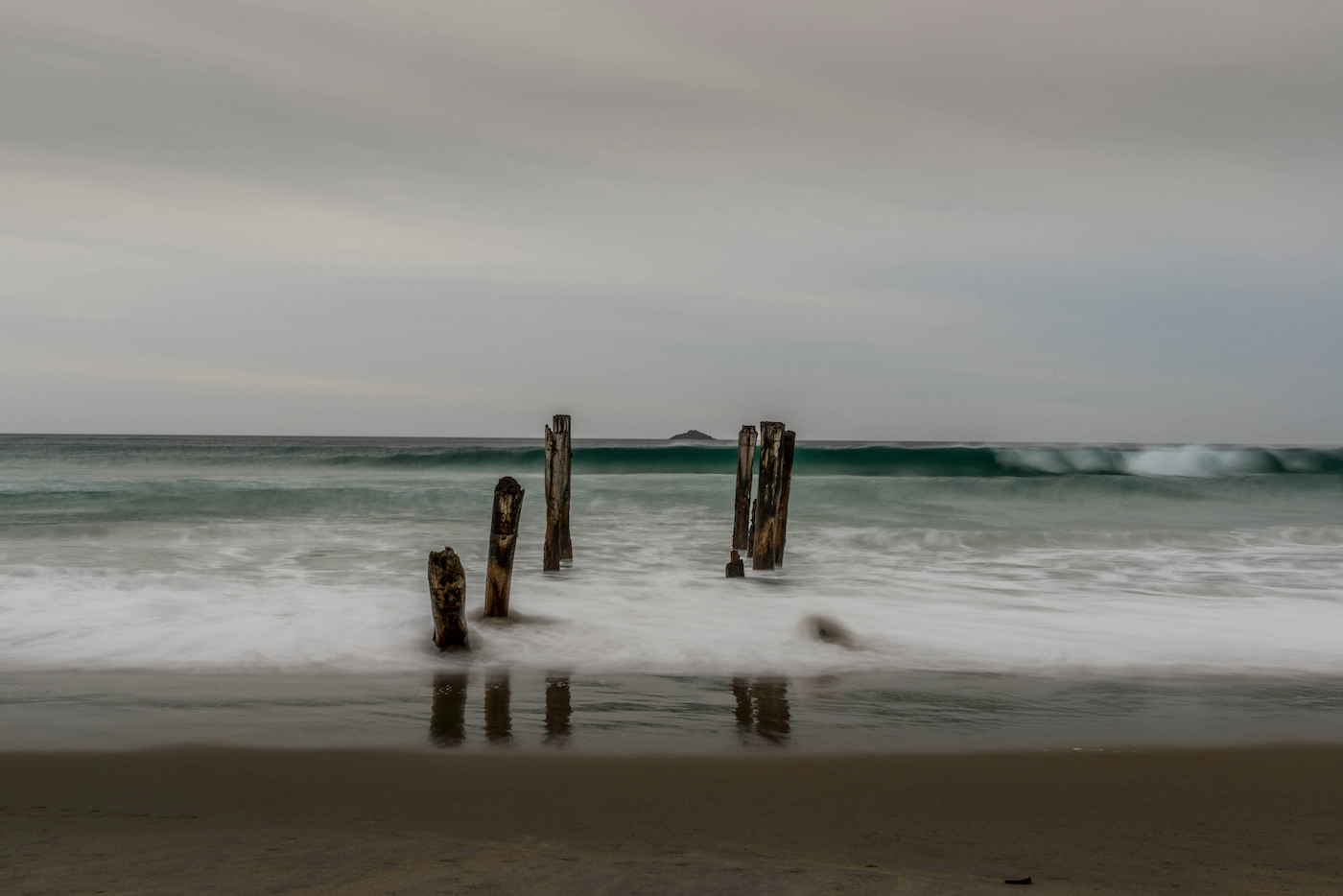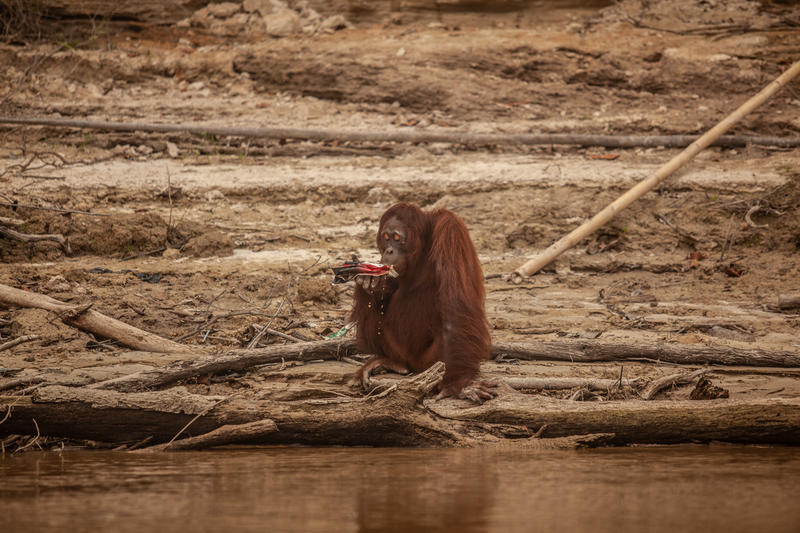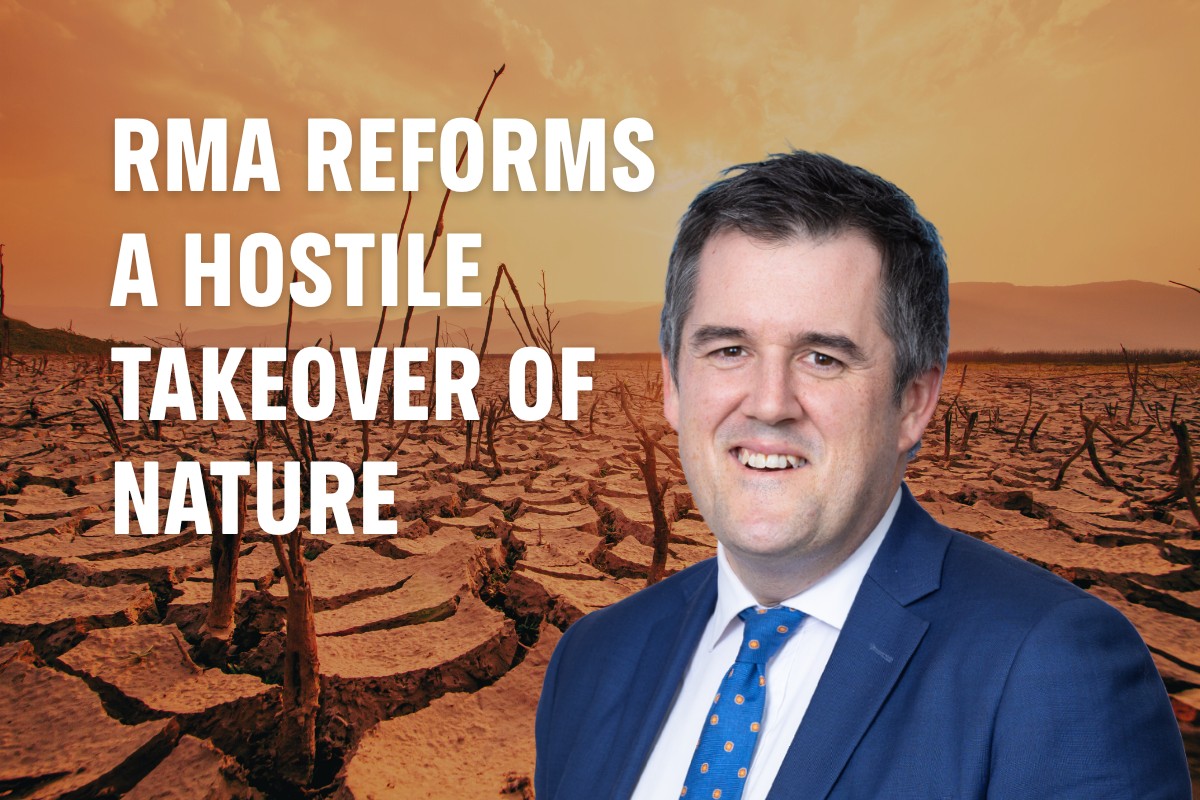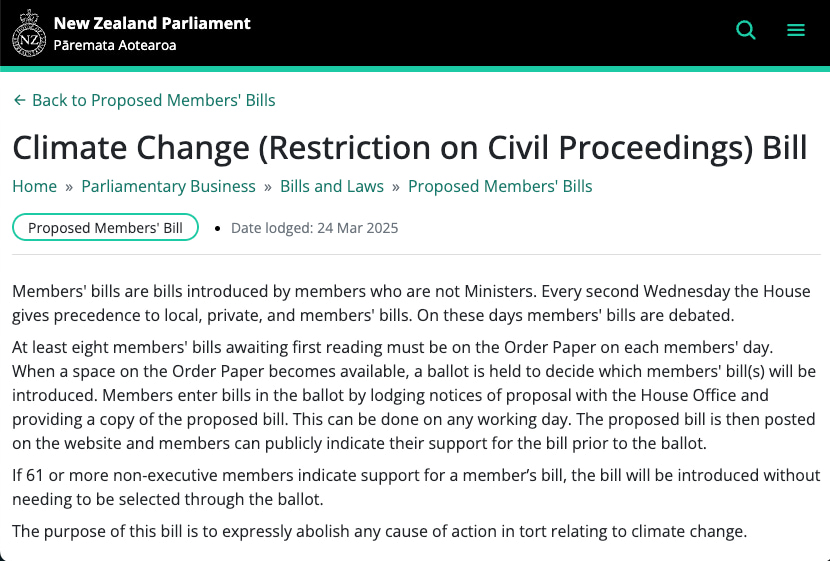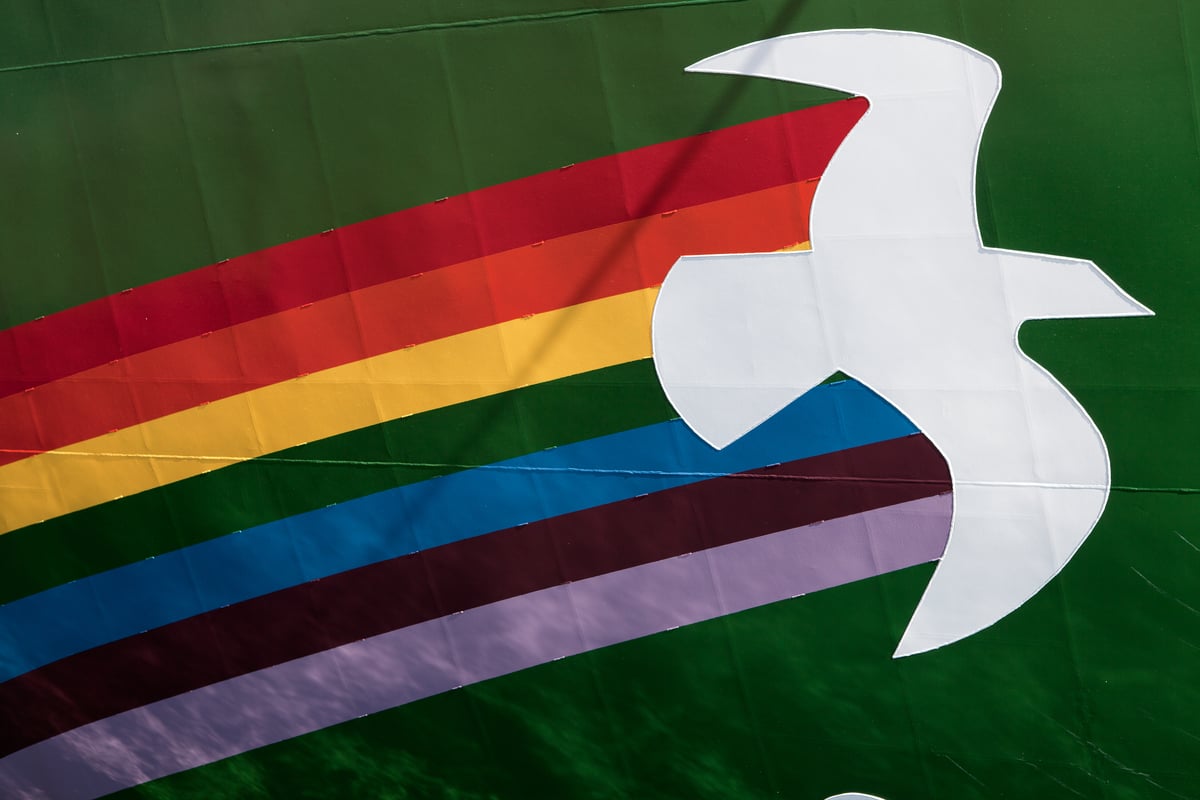-
NZ’s over-reliance on roads for freight means natural disasters hit even harder. But there is a fix
In the aftermath of Cyclone Gabrielle, the driving time between Napier and Wairoa stretched from 90 minutes to over six hours, causing major supply chain delays. Retail prices rose, and…
-
Greenpeace adds support to Denniston coal mining protest
Greenpeace Aotearoa has come out strongly in support of the protest happening now against Bathhurst Minerals’ plan to expand coal mining on the Denniston Plateau.
-
Global livestock industry exposed for rampant rainforest destruction, despite no-deforestation pledges
Greenpeace Aotearoa says a new investigation revealing that the world’s largest meat company, JBS, will fail to meet its deforestation-free commitment is yet more proof of false promises from the…
-
Billionaire joyrides to space are the ultimate symbol of privilege and pollution
While millions of people around the world are struggling to afford basic necessities like food, healthcare, and shelter, and nature destruction skyrockets, the Blue Origin company, founded by billionaire Jeff Bezos, has…
-
New satellite data shows NZ’s major cities are sinking – meaning rising seas will affect them sooner
Rising seas are already affecting coastal communities in Aotearoa New Zealand. On a global average, the sea level is now 18 centimetres higher than it was in 1900, and the…
-
Palm kernel: what’s the problem?
Palm kernel expeller or PKE is a rainforest-destroying animal feed that’s fed to dairy cows when there is not enough grass to feed them. Greenpeace is campaigning for Fonterra to…
-
A hostile takeover of nature: What you need to know about the Government’s RMA reforms
The National-led Government has announced plans to rewrite the laws that protect our environment – putting private property rights ahead of the health of nature and our communities.
-
Greenpeace shocked by Govt MP’s attempt to strip New Zealanders’ democratic rights
Greenpeace Aotearoa is condemning a Government MP’s proposed Members’ Bill, which aims to prevent New Zealanders from seeking action on climate change through the legal system.
-
From bombs to SLAPPS: We will not be silenced
Being SLAPPed in the face with a liability of more than US$660 million for something we so clearly did not do is not for the faint of heart. But we…
-
Greenpeace says it will not back down as Jury delivers verdict in Energy Transfer SLAPP trial
A Dakota jury of nine reached a verdict in Energy Transfer’s meritless lawsuit against Greenpeace entities in the US (Greenpeace Inc, Greenpeace Fund), and Greenpeace International, finding the entities liable…

